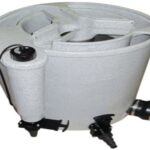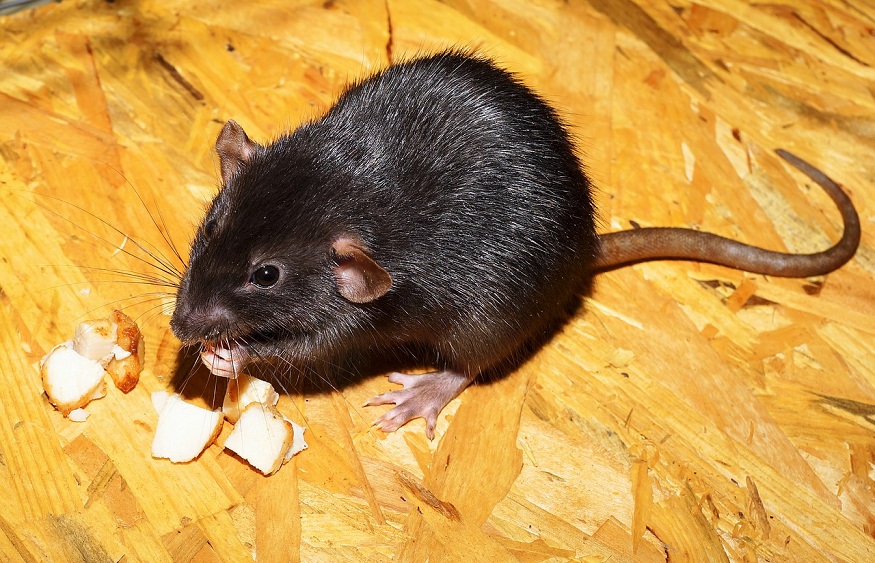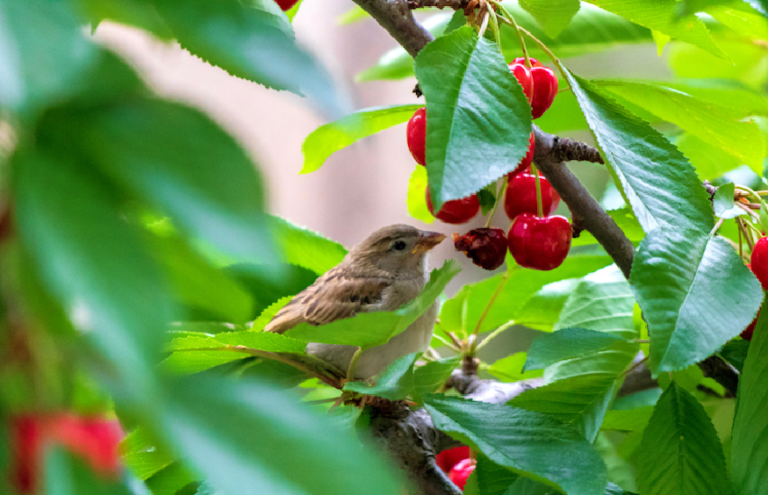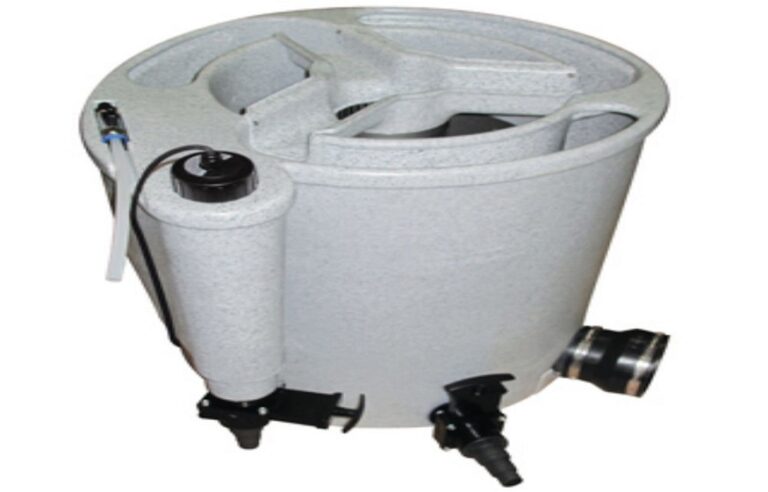Welcome to our blog post on weather conditions impacting rodent behaviour and infestations! While we may not often think about the connection between rodents and the weather, it turns out that these sneaky critters are highly influenced by their surroundings. Whether it’s freezing temperatures or scorching heat, different weather conditions profoundly affect how rodents behave and seek shelter. So, if you’re curious to learn more about this intriguing relationship between nature and pests, keep reading as we explore how weather conditions affect rodent behaviour and infestation patterns. Let’s dive right in!
How Do Weather Conditions Affect Rodent Behavior and Infestations?
Rodents, those elusive creatures that scurry through the night, have a subtle yet profound connection with the weather that surrounds us. While we might not often think about it, the ever-changing weather conditions play a significant role in shaping the behaviour of these small mammals and, consequently, impact the likelihood of rodent infestations. Understanding this intricate relationship between weather patterns and rodent behaviour is a matter of curiosity and a crucial aspect of pest control and environmental management.
Cold Weather Effects
As the temperatures drop and winter settles in, rodents are forced to seek shelter and warmth. Cold weather can have a significant impact on rodent behaviour and infestations.
Cold weather drives rodents indoors in search of food and nesting sites. They will take advantage of any building gaps or cracks to gain entry. Once inside, they are likely to stay close to sources of heat such as HVAC systems or warm pipes.
In addition to seeking refuge indoors, rodents also tend to reproduce more during colder months. This is because their survival instinct kicks in – they want their offspring to be born when conditions are milder, and resources are more readily available.
Furthermore, cold weather can affect the foraging patterns of rodents. As food becomes scarcer outdoors due to freezing temperatures and reduced plant growth, rodents may venture further into human dwellings in search of sustenance.
Cold weather can also impact the behaviour of existing rodent populations within a building. They may become more active at night as they try to conserve energy during daylight hours when it is colder outside.
Hot Weather Effects
When the temperatures rise, rodents like rats and mice seek relief just like humans do. The hot weather affects their behaviour and can even encourage them to invade our homes in search of water, food, and cooler environments.
During hot weather conditions, rodents become more active at night when it’s cooler. They may venture out in search of water sources such as leaky pipes or standing water in gardens. They are also attracted to areas with abundant vegetation for shelter and shade.
In extreme heat, rodents may go into survival mode and start seeking shelter indoors, where they can find cool places like basements or crawl spaces. They can squeeze through tiny cracks and openings to gain access inside your home, posing a threat to your property and potentially spreading diseases.
Additionally, hot weather conditions can lead to an increase in rodent populations due to faster breeding rates. Rodents reproduce more frequently when the climate is warmer, which means infestations could escalate rapidly if left unchecked.
To prevent rodent infestations during hot weather, sealing any entry points around your home that could provide access to these pests is essential. Keep your living areas clean from food debris and store all edible items securely. Regularly inspect outdoor areas for standing water sources that might attract rodents.
How Extreme Weather Events Can Lead to Increased Infestation Risks?
Extreme weather events such as hurricanes, heavy rainstorms, and heat waves can significantly impact rodent behaviour and infestation risks. These extreme weather conditions create ideal environments for rodents to thrive and reproduce rapidly.
During heavy rainstorms or floods, rodents’ underground burrows may become flooded, forcing them out into homes and buildings in search of dry shelter. This increased movement increases the likelihood of encountering humans and spreading diseases. Additionally, the destruction caused by these storms can disrupt food sources for rodents, leading them to seek alternative sources such as trash cans or stored food in homes.
Heatwaves also play a role in increasing rodent infestations. High temperatures can force rats and mice to seek cooler areas like basements or crawl spaces within buildings. Moreover, extreme heat can lead to droughts, which reduce natural water sources for rodents, making them more likely to invade properties with accessible water supplies.
Conclusion
The weather has a significant impact on the behaviour and infestations of rodents. As we have discussed, certain weather conditions can drive rodents indoors in search of shelter and food, leading to an increase in infestations. By understanding how different weather patterns affect rodent behaviour, we can take steps to prevent infestations and protect our homes. It is crucial to stay vigilant during times of extreme weather and take necessary precautions to keep rodents at bay. With proper knowledge and proactive measures, we can mitigate the effects of weather on rodent activity and maintain a pest-free environment.


















+ There are no comments
Add yours